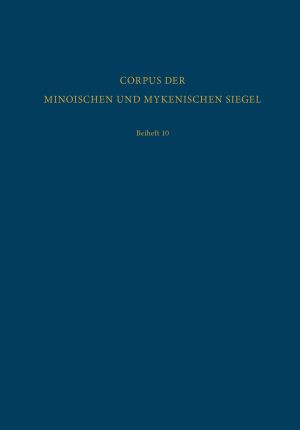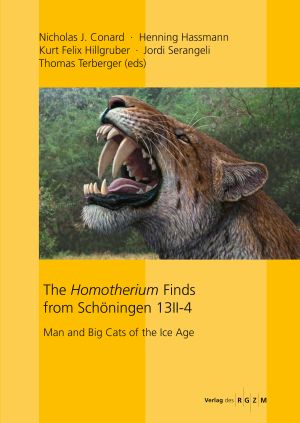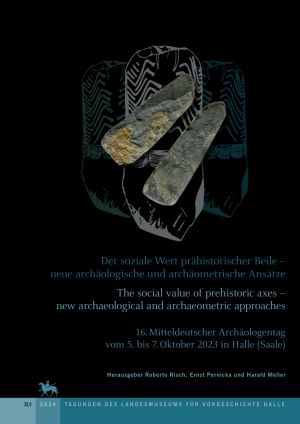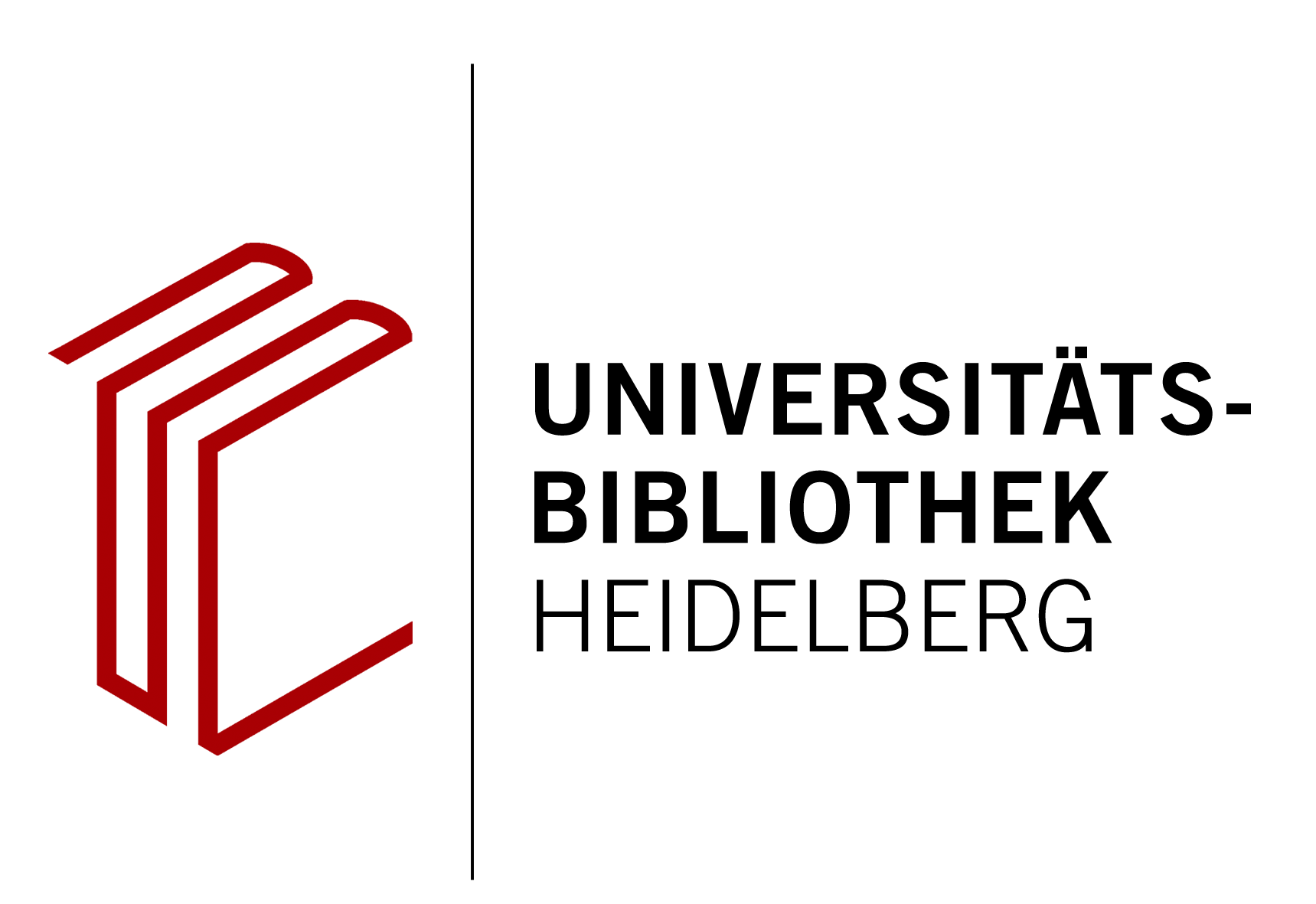Partner

Altägyptische Kursivschriften (AKU). Digitale Paläographie und systematische Analyse des Hieratischen und der Kursivhieroglyphen
Das Langzeitvorhaben ist seit 2015 an der Akademie der Wissenschaften und der Literatur | Mainz angesiedelt. Die Leitung liegt bei Ursula Verhoeven (Ägyptologie an der JGU), Kooperationspartnerin ist Andrea Rapp (Computerlinguistik an der TU DA). Die Arbeitsstellenleitung liegt in den Händen von Svenja A. Gülden.

Corpus der minoischen und mykenischen Siegel (CMS)
Das Corpus der minoischen und mykenischen Siegel (CMS) ist ein Langzeitprojekt, dessen Ziel es ist, alle bekannten ägäischen Siegel und Siegelabdrücke einheitlich zu dokumentieren und zu publizieren.

Deutsche Gesellschaft für Ur- und Frühgeschichte e.V. (DGUF)
Die Deutsche Gesellschaft für Ur- und Frühgeschichte e.V. (DGUF) ist der mitgliederstärkste bundesweit tätige Fachverband für die mitteleuropäische Archäologie. Sie unterhält u.a. eine Website, vertreibt einen kostenlosen Newsletter und gibt neben den Monografienreihen "Archäologische Berichte" und "Archäologische Quellen" auch die Zeitschrift "Archäologische Informationen" heraus.

Die Römisch-Germanische Kommission
Die Römisch-Germanische Kommission (RGK) des Deutschen Archäologischen Institutes (DAI), 1902 gegründet, ist eine international tätige wissenschaftliche Einrichtung mit Sitz in Frankfurt am Main. Der Schwerpunkt ihrer Forschungen liegt im Bereich der Vor- und Frühgeschichte und der Provinzialrömischen Archäologie, wobei sie derzeit vor allem in Nordwest-, Mittel- und Südosteuropa Fragen der Raumerschließung und -nutzung sowie der Grenzziehung und -überschreitung vom Neolithikum bis in die Spätantike hinein untersucht. Hier kommt ihr eine besondere Rolle in der Vernetzung, Förderung und Vermittlung archäologischer Forschung zu.

Landesamt für Denkmalpflege im Regierungspräsidium Stuttgart
Das Landesamt für Denkmalpflege ist die für Fragen des Denkmalschutzes zuständige Fachbehörde des Landes Baden-Württemberg. Mit Erlass des Denkmalschutzgesetzes 1972 gegründet, ist es nach Strukturreformen in den Jahren 2005 und 2014 heute ins Regierungspräsidium Stuttgart eingegliedert und untersteht dem Ministerium für Wirtschaft, Arbeit und Wohnungsbau Baden-Württemberg als Oberster Denkmalschutzbehörde. Zu den Aufgaben des Landesamts für Denkmalpflege gehört, Kulturdenkmale zu erfassen, zu dokumentieren und zu erforschen, Eigentümer zu beraten und das kulturelle Erbe sowie Maßnahmen zu seinem Erhalt in der Öffentlichkeit zu vermitteln.

Landesamt für Denkmalpflege und Archäologie Sachsen-Anhalt
Das Landesamt für Denkmalpflege und Archäologie – Landesmuseum für Vorgeschichte – ist eine nachgeordnete Behörde der Staatskanzlei und Ministerium für Kultur des Landes Sachsen-Anhalt. Es wurde mit Wirkung vom 1. Januar 2004 aus den ehemals selbständigen Ämtern ›Landesamt für Denkmalpflege‹ und ›Landesamt für Archäologie‹ gegründet.

Leibniz-Zentrum für Archäologie (LEIZA)
Das Leibniz-Zentrum für Archäologie (LEIZA) erforscht als Leibniz-Forschungsinstitut und -museum für Archäologie die materiellen Hinterlassenschaften aus 3 Millionen Jahren Menschheitsgeschichte. Ziel ist es, anhand archäologischer Funde und Befunde menschliches Verhalten und Handeln, menschliches Wirken und Denken sowie die Entwicklung und Veränderung von Gesellschaften aufzuzeigen und zu verstehen. Als eines von acht Forschungsmuseen der Leibniz-Gemeinschaft verbindet das LEIZA exzellente Wissenschaft mit Ausstellungen und ist mit seinem Bildungsauftrag gleichzeitig ein Ort des Dialoges mit der Öffentlichkeit.

LWL-Archäologie für Westfalen
Unter dem Dach des Landschaftsverbandes Westfalen-Lippe (LWL) ist die LWL-Archäologie für Westfalen gemäß Denkmalschutzgesetz NRW als unabhängiges Fachamt für die Bodendenkmalpflege in Westfalen zuständig. Die LWL-Archäologie vertritt damit das gemeinschaftliche Interesse an den Zeugnissen unserer Vergangenheit und arbeitet als Träger öffentlicher Belange eng mit den Denkmalbehörden der Kommunen, der Kreise und des Landes Nordrhein-Westfalen zusammen. Die Hinterlassenschaften vergangener Epochen zu entdecken, zu schützen und zu erhalten, sie auszugraben, zu dokumentieren und zu erforschen und die neuesten Erkenntnisse zu vermitteln – das sind die vielfältigen Aufgaben der LWL-Archäologie für Westfalen.

Weitere Partner
Neben der hier aufgeführten Auswahl von Publikationspartnern kooperiert Propylaeum mit weiteren wissenschaftlichen Einrichtungen, Universitätsinstituten, Museen und Fachgesellschaften.






